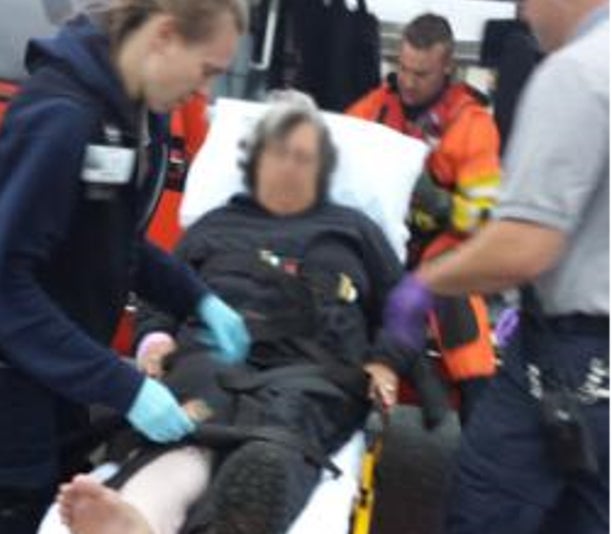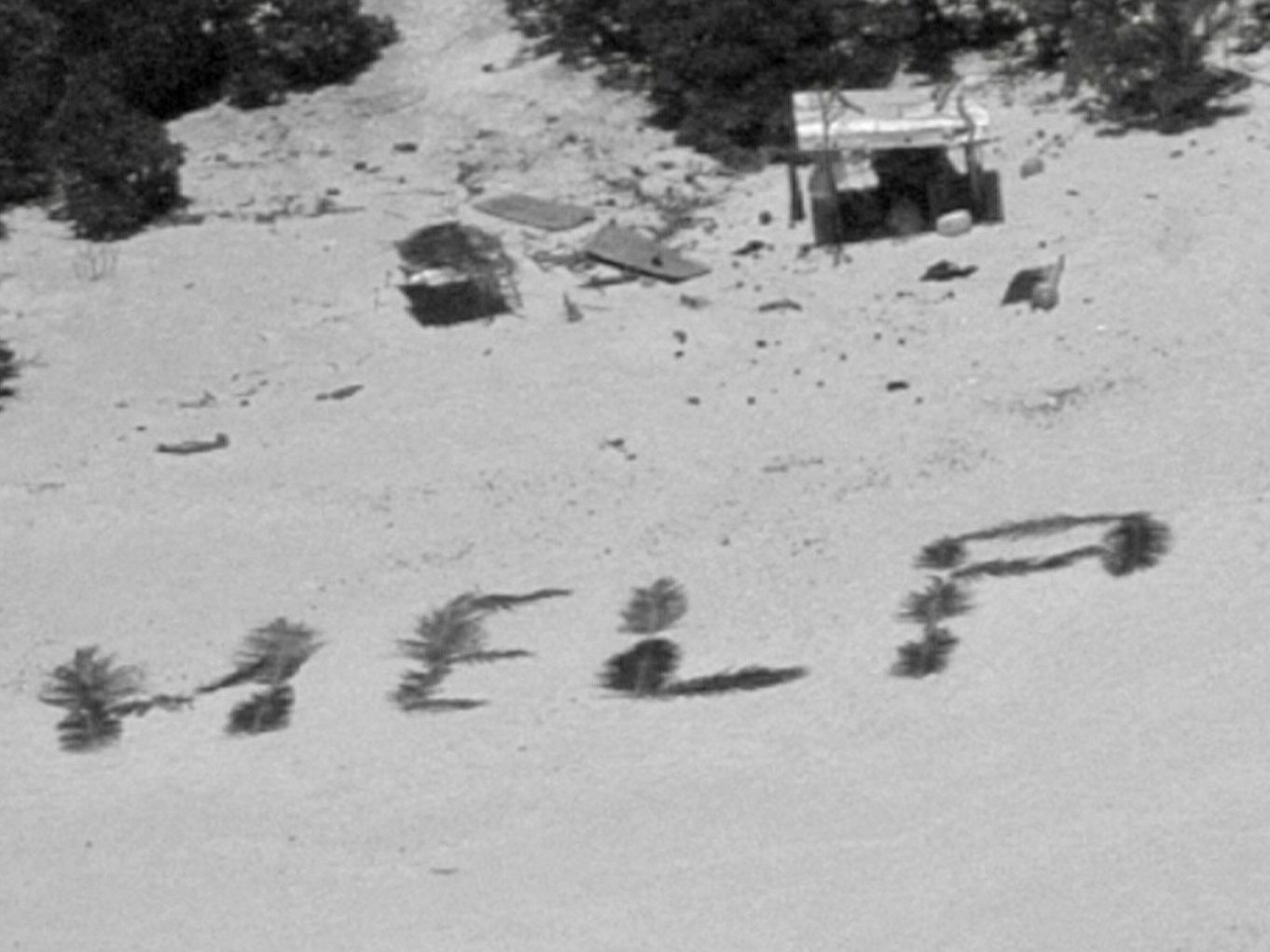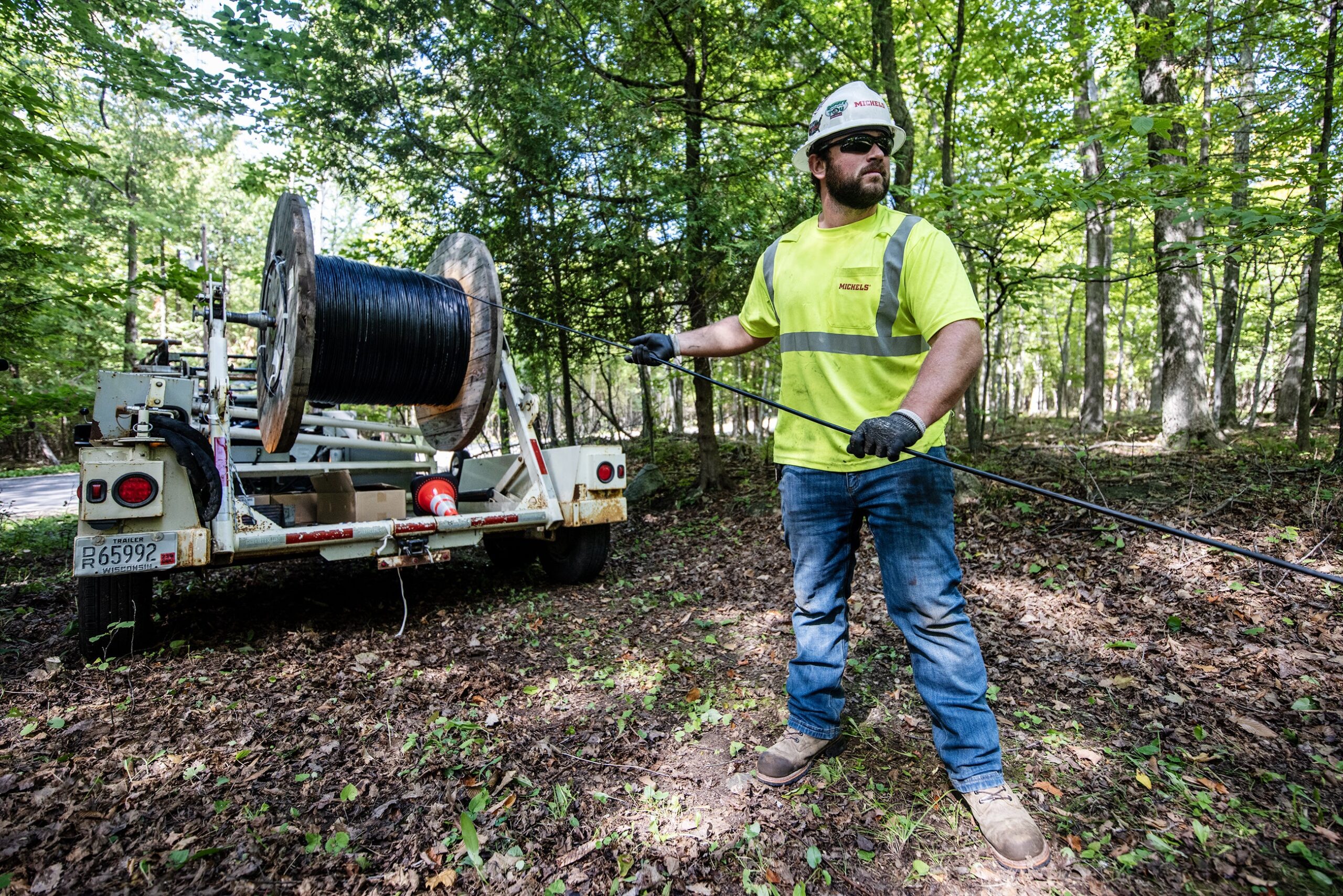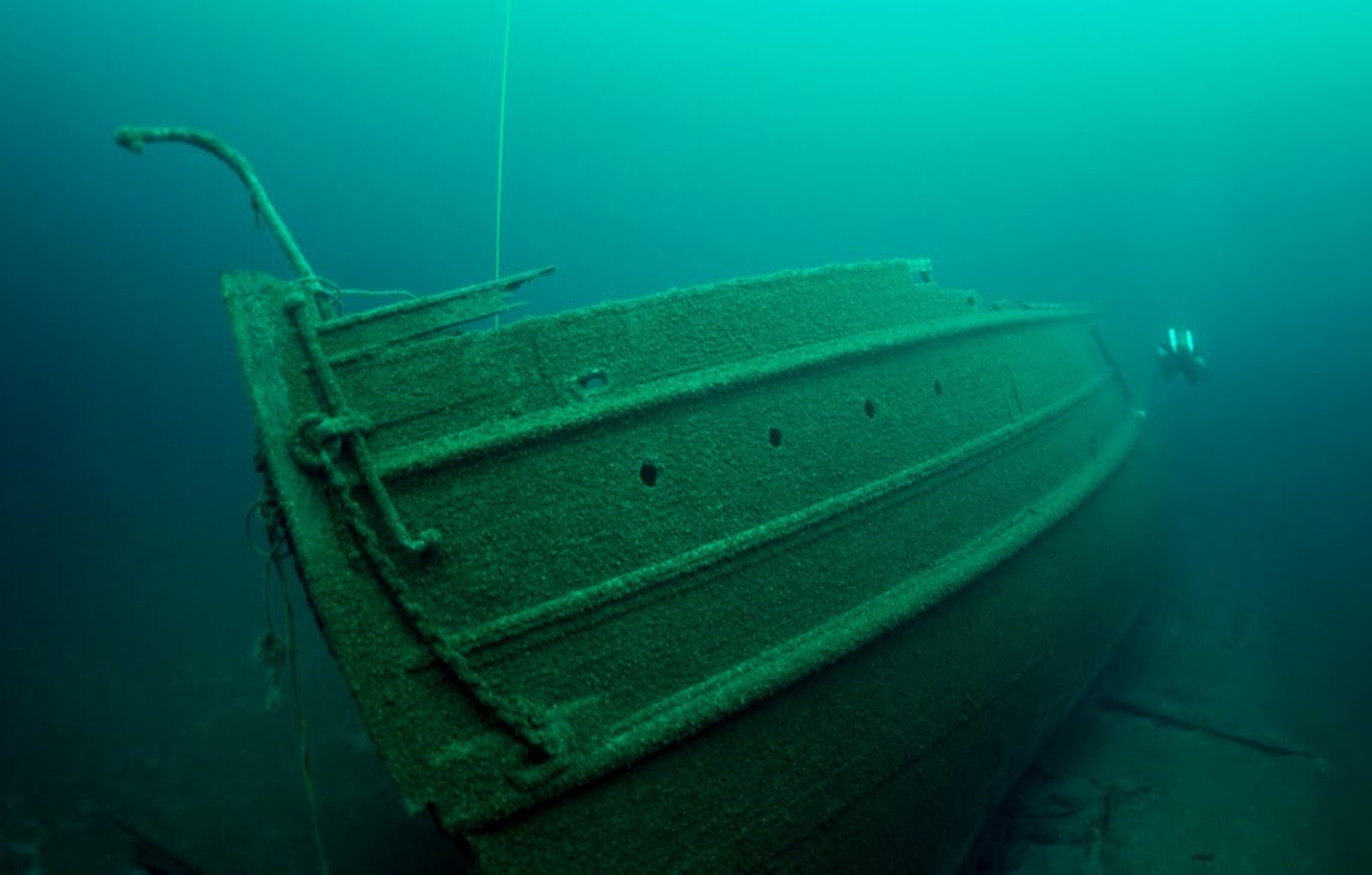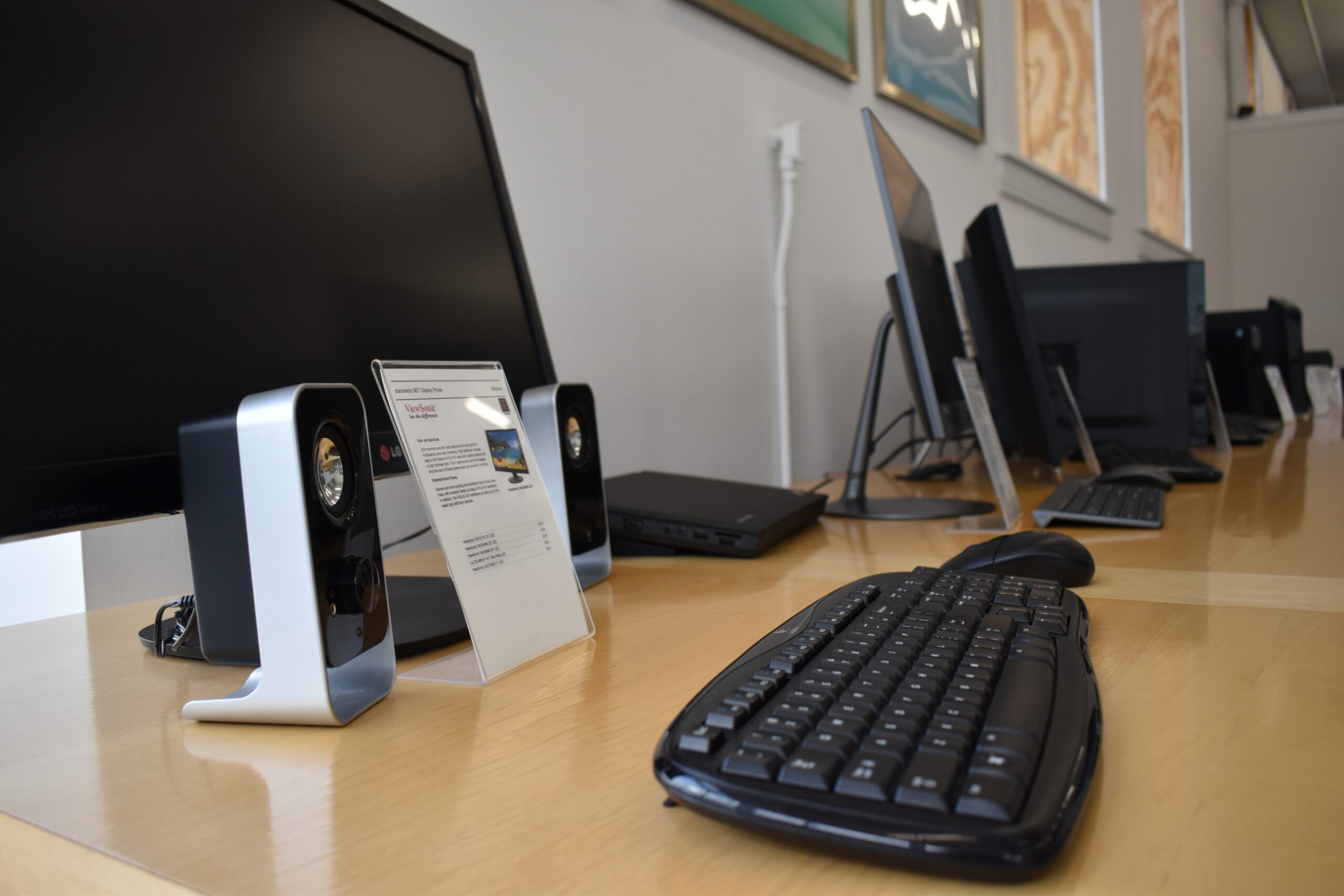A signal sent to a satellite by a hiker from a remote part of a Lake Superior island led to a rescue that took just 30 minutes on Monday.
The distress signal, set off from a remote area of Isle Royale National Park, was picked up in Ontario around 3 p.m. Coast Guard Petty Officer Chris Yaw said an injured woman activated her Personal Locator Beacon after breaking her leg during a hike.
“Once these things go off, they’re picked up by the satellite and transmit pretty much your exact location within a couple of feet,” said Yaw.
Stay informed on the latest news
Sign up for WPR’s email newsletter.
A Canadian Coast Guard vessel was dispatched from Thunder Bay while a Dolphin helicopter responded from Traverse City, Mich. Yaw said the rescue crafts are equipped with beacon locators.
“Once we lock on to those, we know right where you’re at, so it’s just the transit time to get out to you,” said Yaw. “So honestly, it essentially takes the search out of ‘search and rescue.’”
In other words, what could have taken hours to rescue the 55-year-old woman took just 30 minutes.
“Without (the locator), we might not even have known she was in distress,” said Yaw. “And that would have depended on if she told someone where she was going. And even if she did, we probably wouldn’t have known until someone would have called and reported her missing.”
Yaw said this technology is still rare among hikers and kayakers, partly because they cost about $150. In Yaw’s opinion, it’s a worthwhile investment.
“Definitely worth something when it comes down to saving your life to have this device,” he said.
The woman was airlifted to a hospital in Houghton, Mich.
Wisconsin Public Radio, © Copyright 2024, Board of Regents of the University of Wisconsin System and Wisconsin Educational Communications Board.

